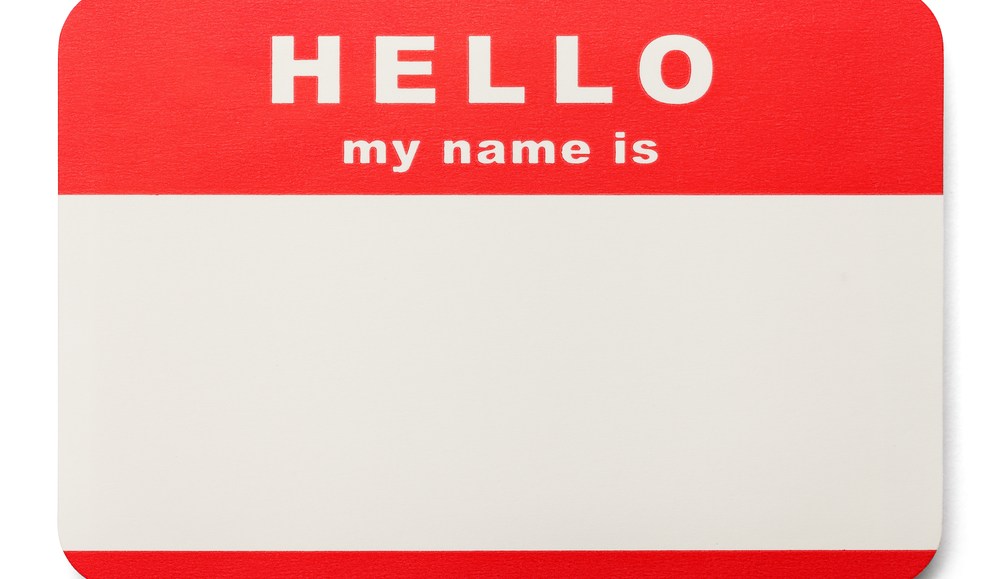Last chance to save on Digiday Publishing Summit passes is February 9

The publisher content management system, or CMS, has been called no less than “the most critical factor” in online publishing, a “differentiator,” an “unbelievably important” tool. Some publishers have gone so far as to say that they’re no longer media but technology companies. That may be a stretch, but regardless, modern publishing demands a platform that can accommodate publishers’ need for speed and scale. While some companies have opted for open-source options like Drupal or WordPress, others abide by custom-built platforms. With such heavy investments, there’s the impulse to name these platforms, for reasons both practical and non-practical.
“As digital has become embraced by publishers, and it’s no longer the stepchild they’d like to ignore, the CMS has become a big part of their day-to-day operations,” said Paul Maiorana, vp of platform services for Automattic, which helps publishers work with WordPress.com. “People have an affinity for the tools they’re using every day. If you’ve built your own, you just want to put your stamp on it.” A CMS also can be a way to motivate and recruit talent, and a good name can’t hurt.
Here, then, are the stories behind some some prominent publisher CMSs.
Say Media’s Tempest
Tempest goes back to Say’s technology roots (it grew in part out of blogging company Six Apart). It created Tempest to support its owned and independent publications, which include XoJane and ReadWrite. But when it decided to sell it to outside publishers, Say decided it needed a name distinct from the company. A designer started calling it “Project Tempest,” and the name stuck. A blog post declares that Tempest “seamlessly integrates community, commerce and marketing.” Just wait: A sizzle reel is coming.
“We’re trying to go to market with something to say, it’s a better way,” said David Lerman, co-founder and CTO of Say. And Tempest “sounded big, important, strong.”
Business Insider’s Viking
BI started developing its CMS seven years ago and named it “Viking” after a company-wide nomination and voting process. To them, the name suggests skilled and fast-moving seafarers — not to mention discovering new lands (which is just like finding new digital storytelling mediums).
“We gave it a name that reflects the bold, pioneering, explorational and powerful technology that it is,” said co-founder Henry Blodget. “Vikings also didn’t take themselves too seriously. Or so we imagine.”
Vox Media’s Chorus
The CMS for Vox Media’s websites has inspired various homages: Techrunch called it “much more than a CMS,” and CMS Critic said it was played “a large part in attracting the talents of [Ezra] Klein and his team.” The joke in the Vox newsroom is that Chorus is “a unicorn with a kitten on its back,” and can solve every problem. You can read all about Chorus on Vox’s blogpost here.
“We named it Chorus because our platform is about raising the voices of our digital native talent, the communities that grow around them and our brand partners — all together in one Chorus,” said Trei Brundrett, chief product officer at Vox Media. “Our mission is not just a publishing tool behind a website — it’s about empowering creators and conversations to create powerful media brands. And when [you] pull it off — it sounds beautiful.”
Gawker’s Kinja
Gawker created Kinja in 2003 as a way of making blogs more accessible and promote conversations around them, as well as extend it to other publishers. Co-founder Nick Denton has called it “our model for the future of independent media.” Kinja even has its own Wikipedia entry. The name itself doesn’t have the warrior origins that it might suggest, though. As Denton explains, the name is made up.
“It came from an earlier project, a blog aggregator,” he said. “I was going through a Japanese phase at the time.”
More in Media

Brands invest in creators for reach as celebs fill the Big Game spots
The Super Bowl is no longer just about day-of posts or prime-time commercials, but the expanding creator ecosystem surrounding it.

WTF is the IAB’s AI Accountability for Publishers Act (and what happens next)?
The IAB introduced a draft bill to make AI companies pay for scraping publishers’ content. Here’s how it’ll differ from copyright law, and what comes next.

Media Briefing: A solid Q4 gives publishers breathing room as they build revenue beyond search
Q4 gave publishers a win — but as ad dollars return, AI-driven discovery shifts mean growth in 2026 will hinge on relevance, not reach.





